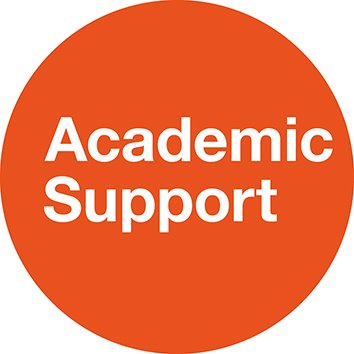
The term academic support may refer to a wide variety of instructional methods, educational services,
or school resources provided to students in the effort to help them accelerate their learning progress, catch up with their peers, meet learning standards, or generally succeed in school. When the term is used in educational contexts without qualification, specific examples, or additional explanation, it may be difficult to determine precisely what “academic support” is referring to. The terms support or supports may also be used in reference to any number of academic-support strategies.
In practice, academic support encompasses a broad array of educational strategies, including tutoring
sessions, supplemental courses, summer learning experiences, after-school programs, teacher advisors,
and volunteer mentors, as well as alternative ways of grouping, counseling, and instructing students.
Academic support may be provided to individual students, specific student populations (such as
non-English speakers or disabled students), or all students in a school. State and federal policies
may require schools to provide academic support to certain student populations, such as identified
special-education students, or schools may voluntarily create support programs to address specific
performance results or trends, such as large numbers of dropouts, course failures, behavioral problems,
etc. While the term academic support typically refers to the services provided to underperforming
students, it may be used in reference to “enrichment” programs and more advanced learning opportunities
provided to higher-achieving students.